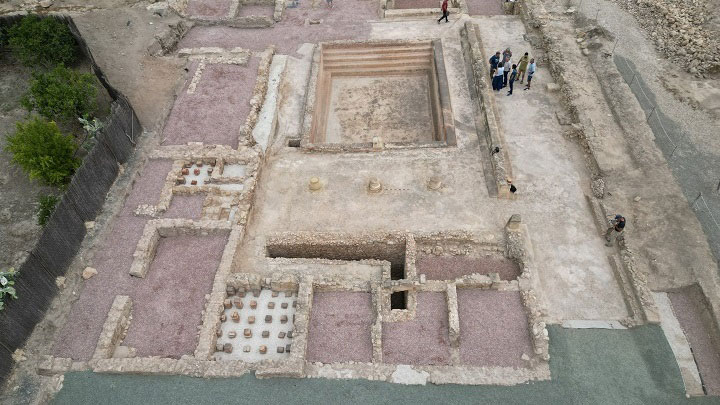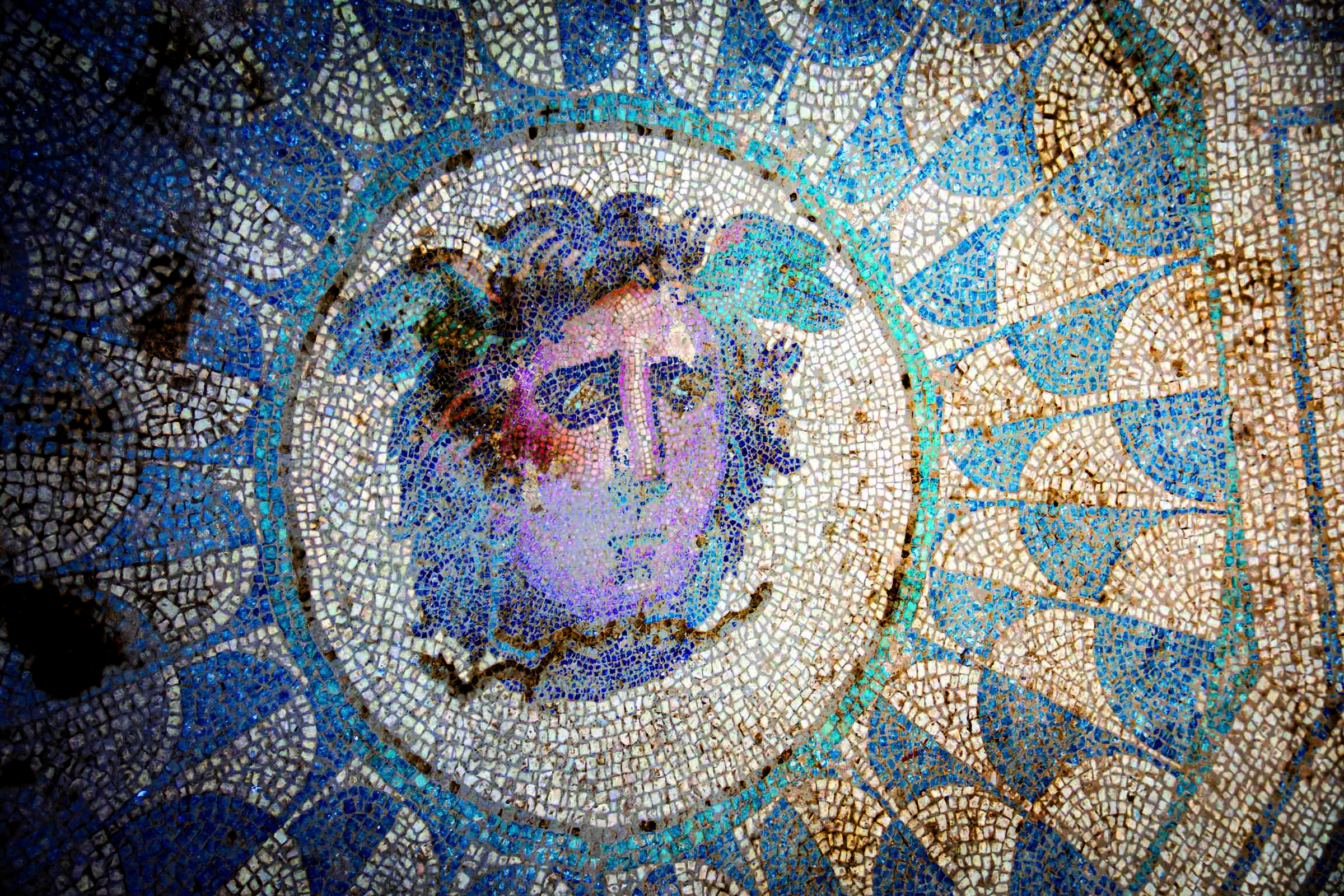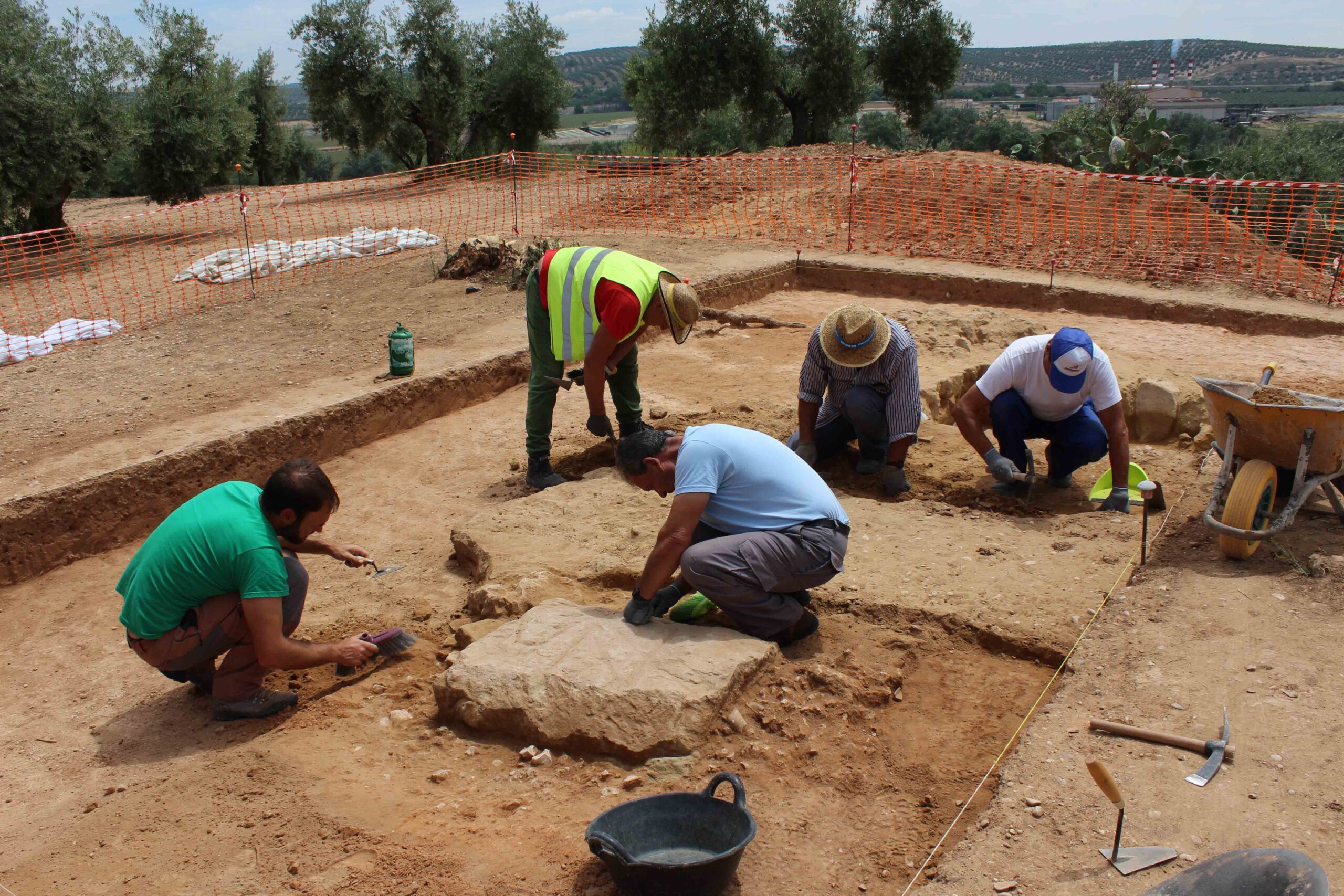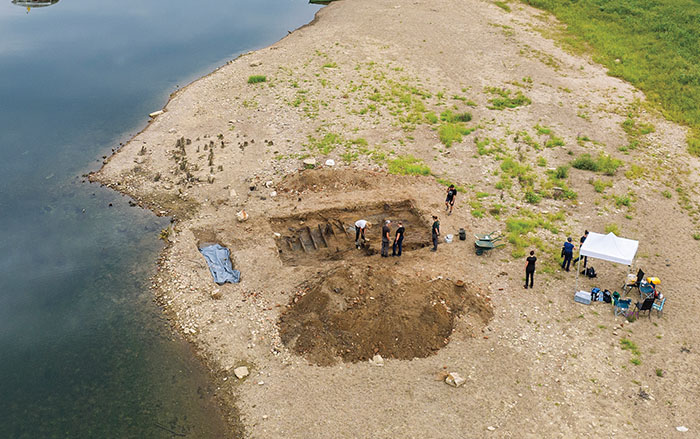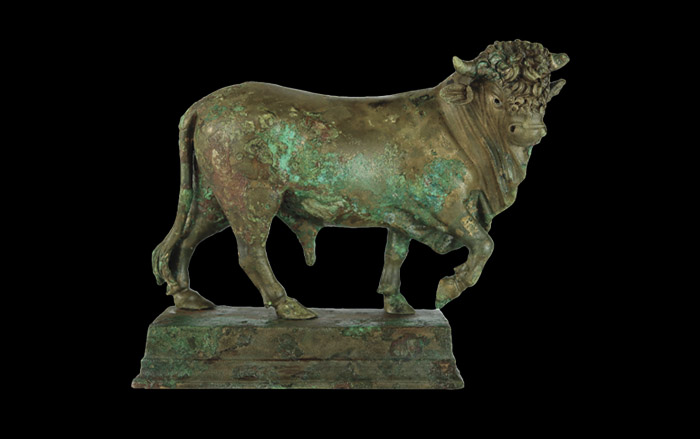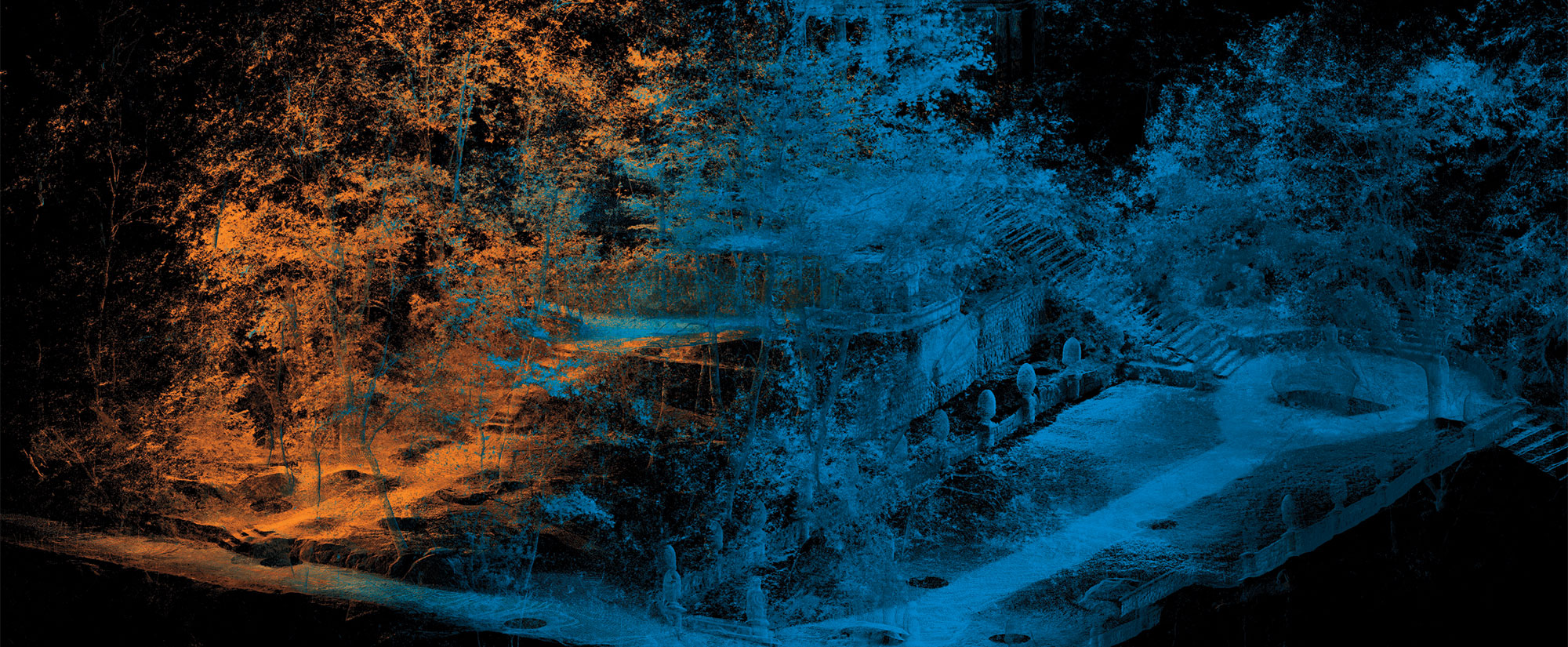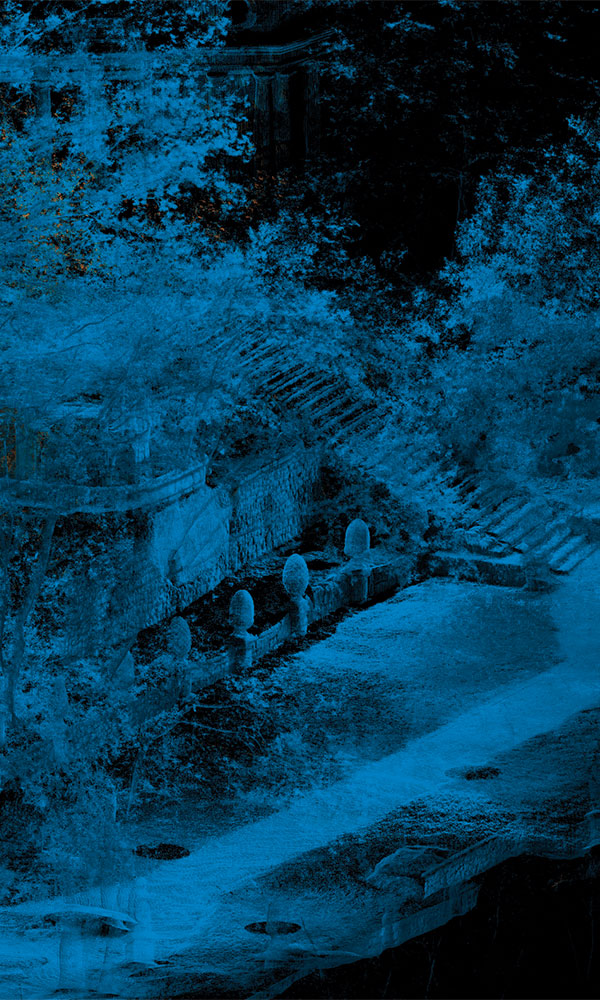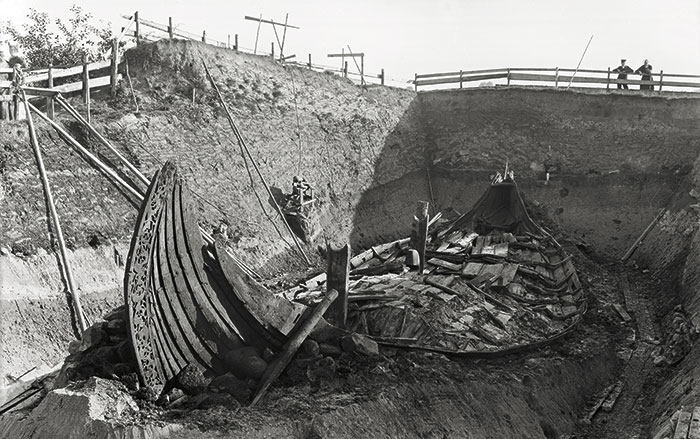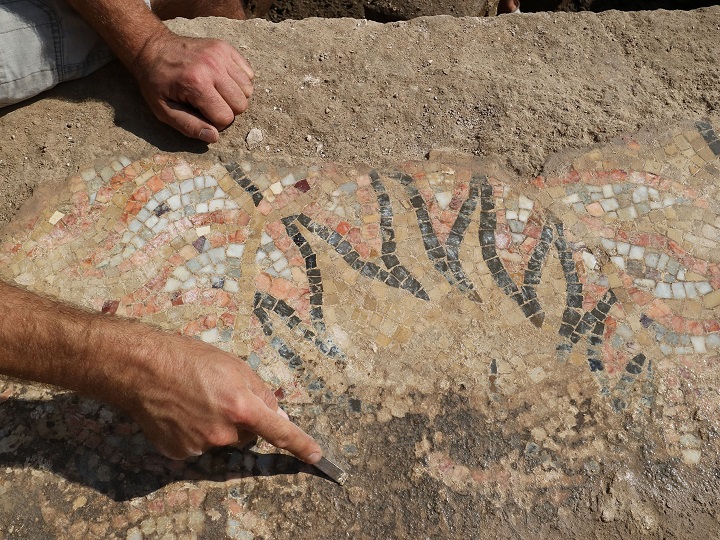
ALICANTE, SPAIN—The University of Alicante announced that after eight seasons, a team of archaeologists has finished excavations of a vast Roman bath complex at the site of La Alcudia, near the city of Elche in southeastern Spain. The area was home to the Roman colony of Iulia Ilici Augusta, which was built in two phases during the second half of the first century b.c. The colony's foundation was decreed by Julius Caesar prior to his assassination in 44 b.c., and the second building phase was undertaken during the rule of the emperor Augustus (reigned 27 b.c.–a.d. 14), who allocated land there to a contingent of war veterans. Known as the Eastern Baths, the sprawling structure covers almost 14,000 square feet, making it one of the largest Roman baths in the province of Hispania. Besides being equipped with typical Roman bath components, such as cold rooms (frigidaria) and hot rooms (caldaria), the complex also features one of the largest preserved ancient swimming pools (natatio) in Iberia. The buildings contain a set of remarkable mosaics, some of which imitate marble paneling, and others that are decorated with floral motifs. According to the archaeologists, the monumental bath attests to the splendor and prosperity that the city achieved during its height in the second century a.d. To read about a colorful mosaic uncovered in a Roman house, go to "The Medusa of Mérida."



